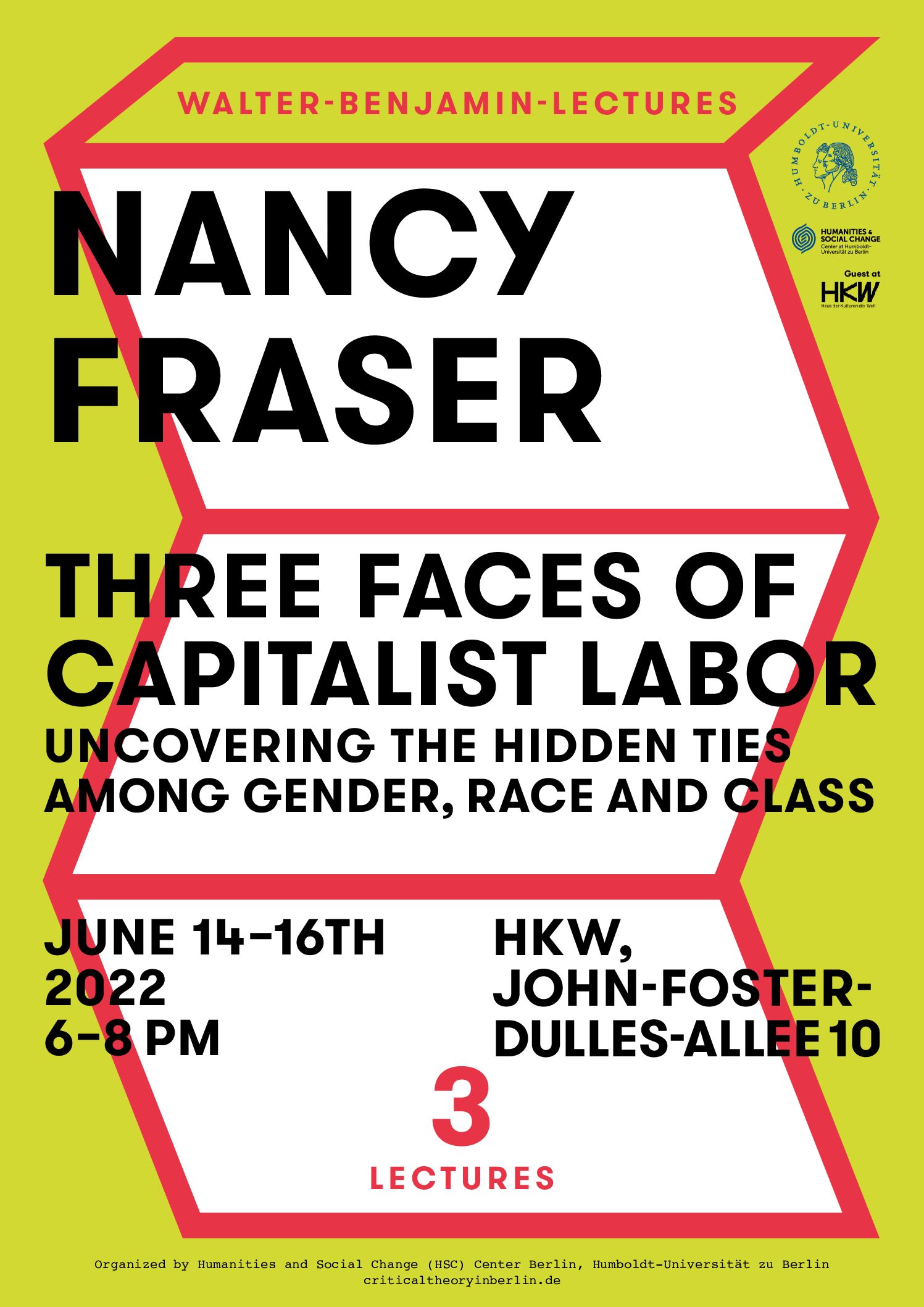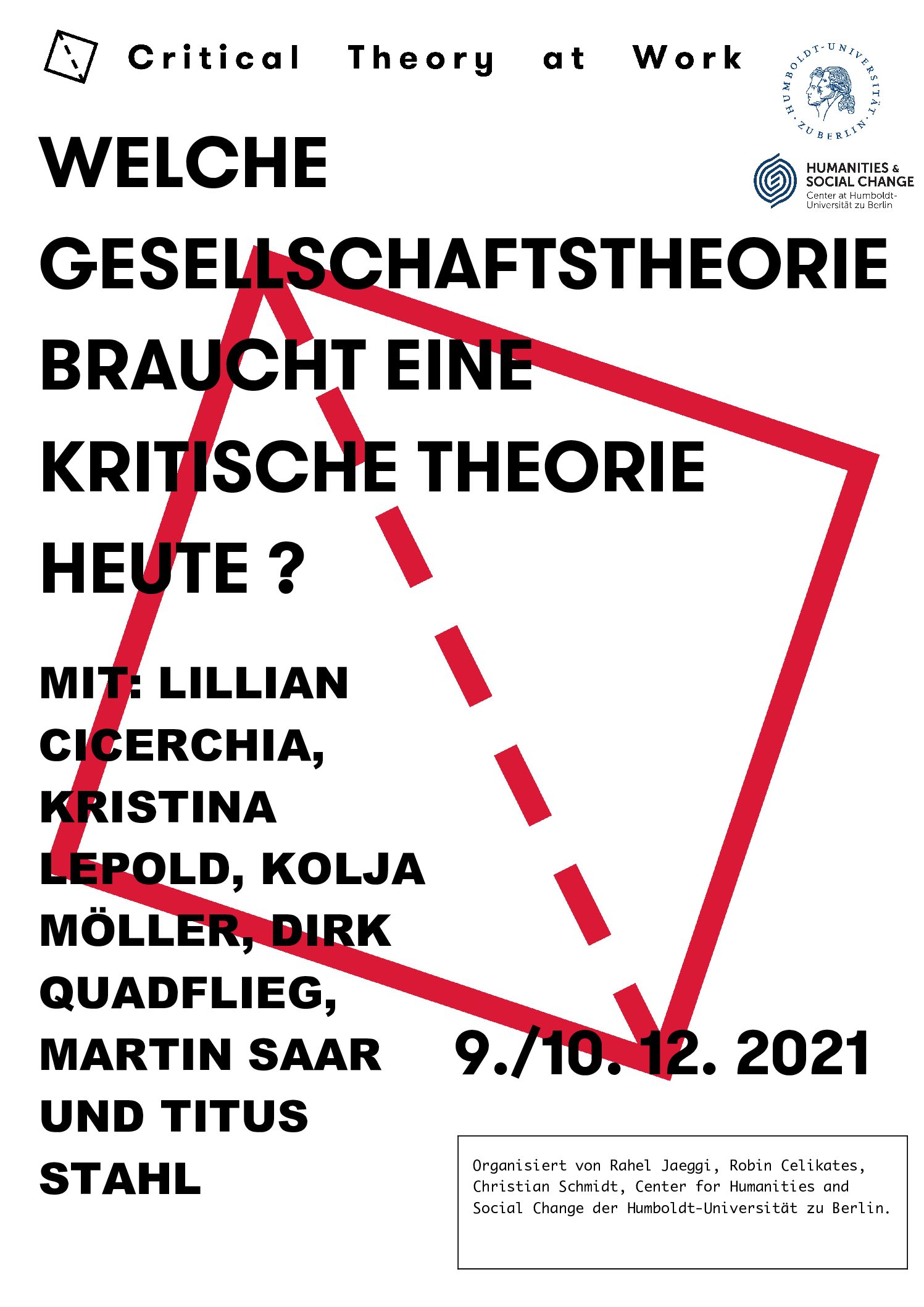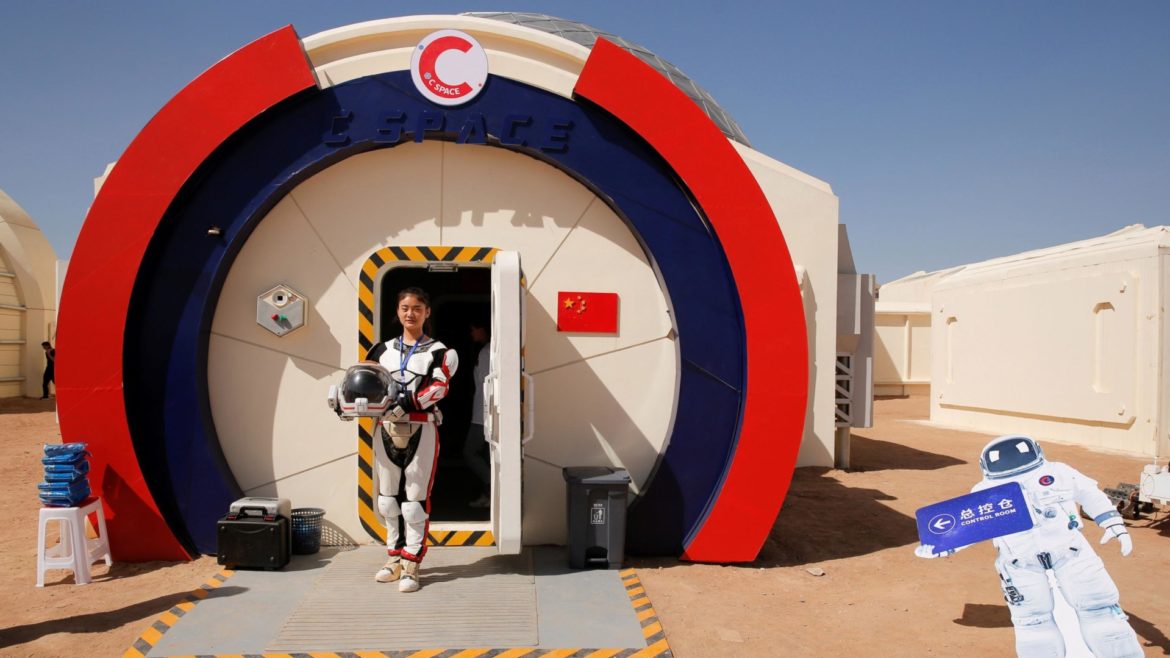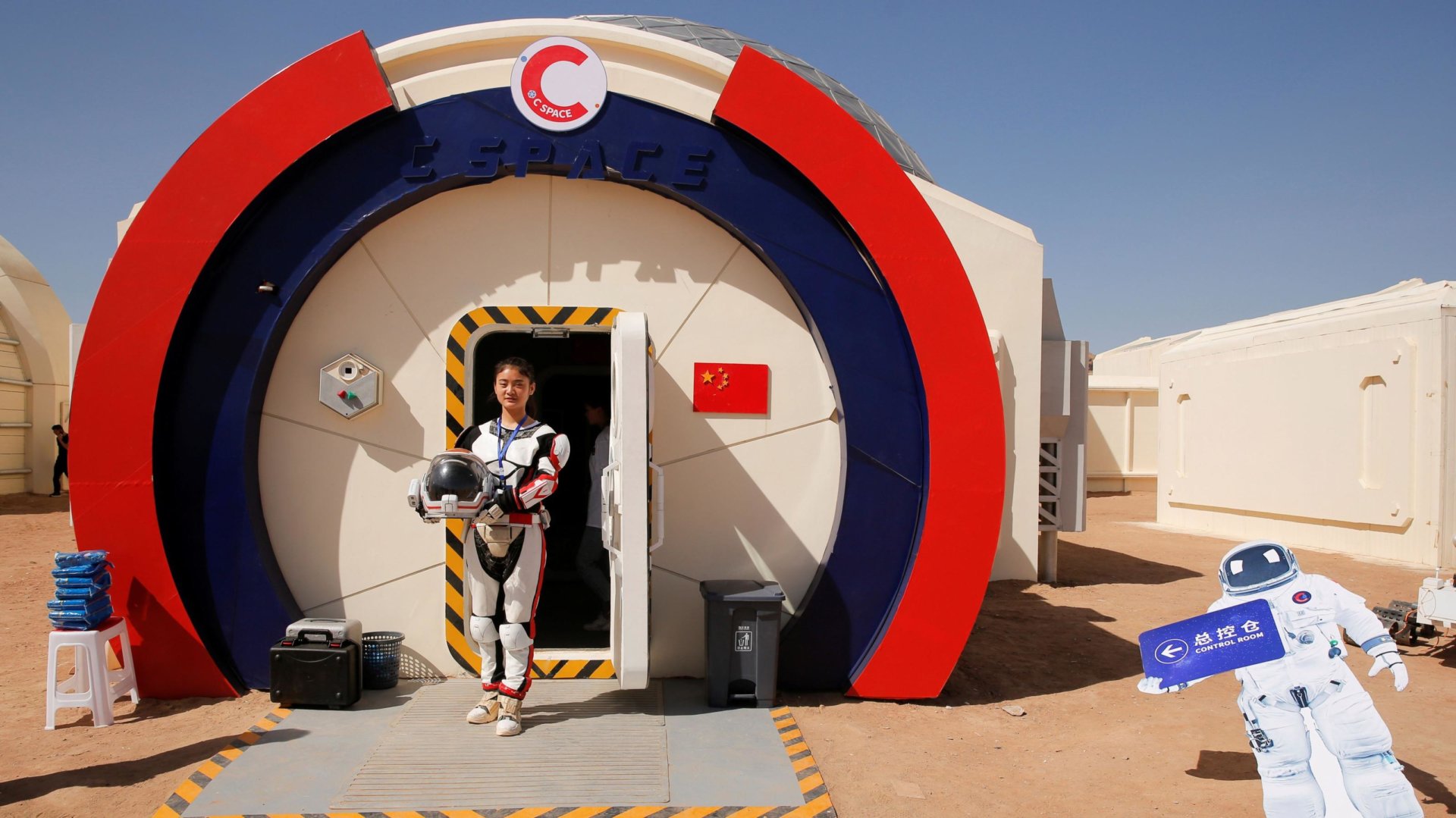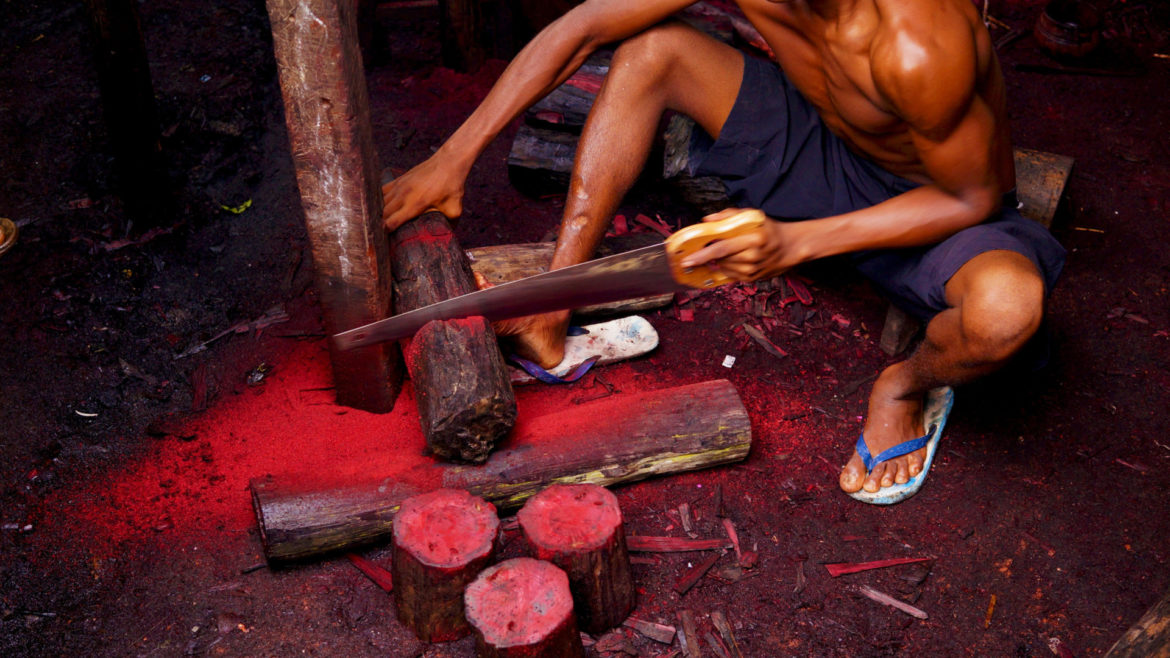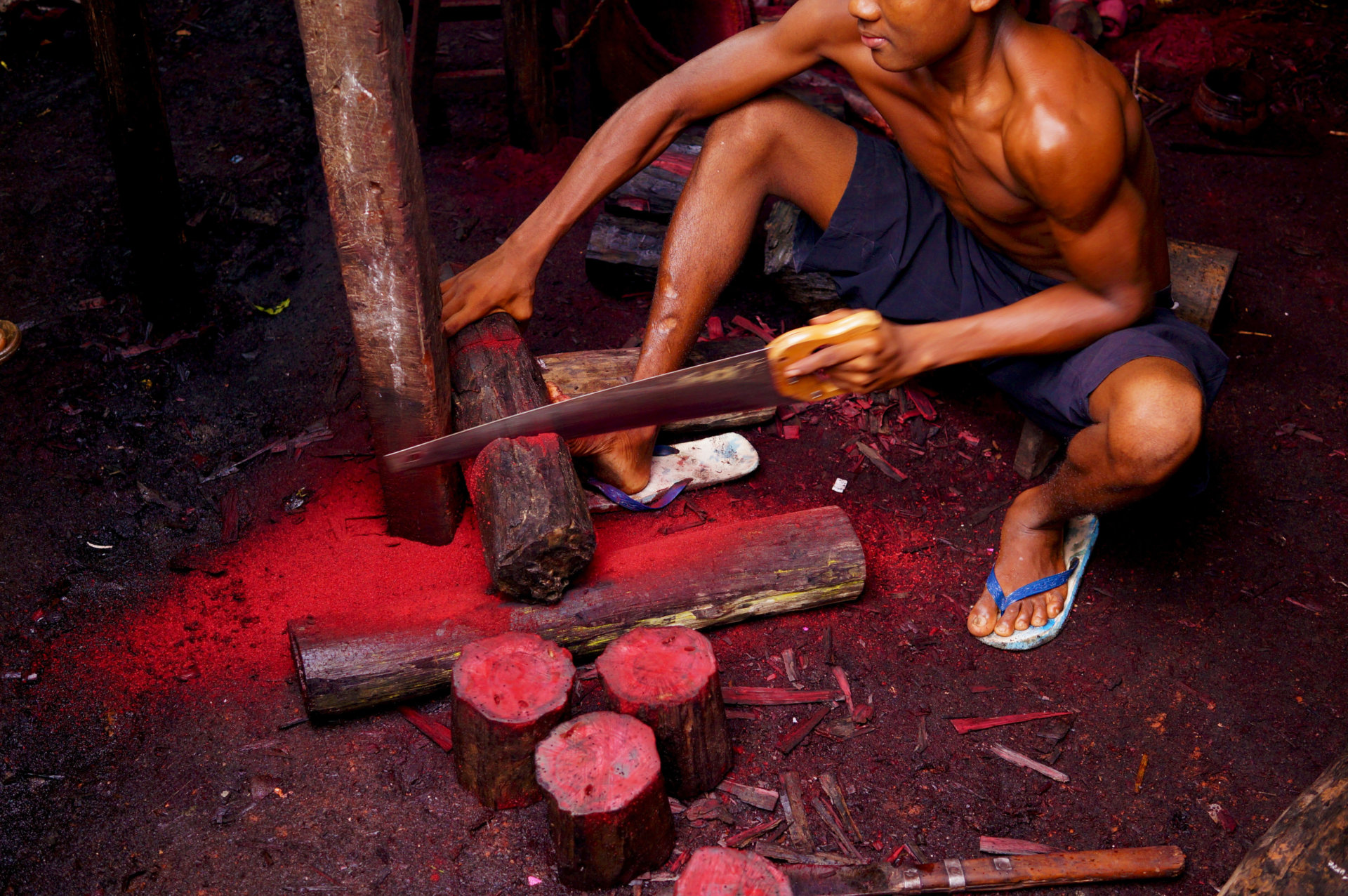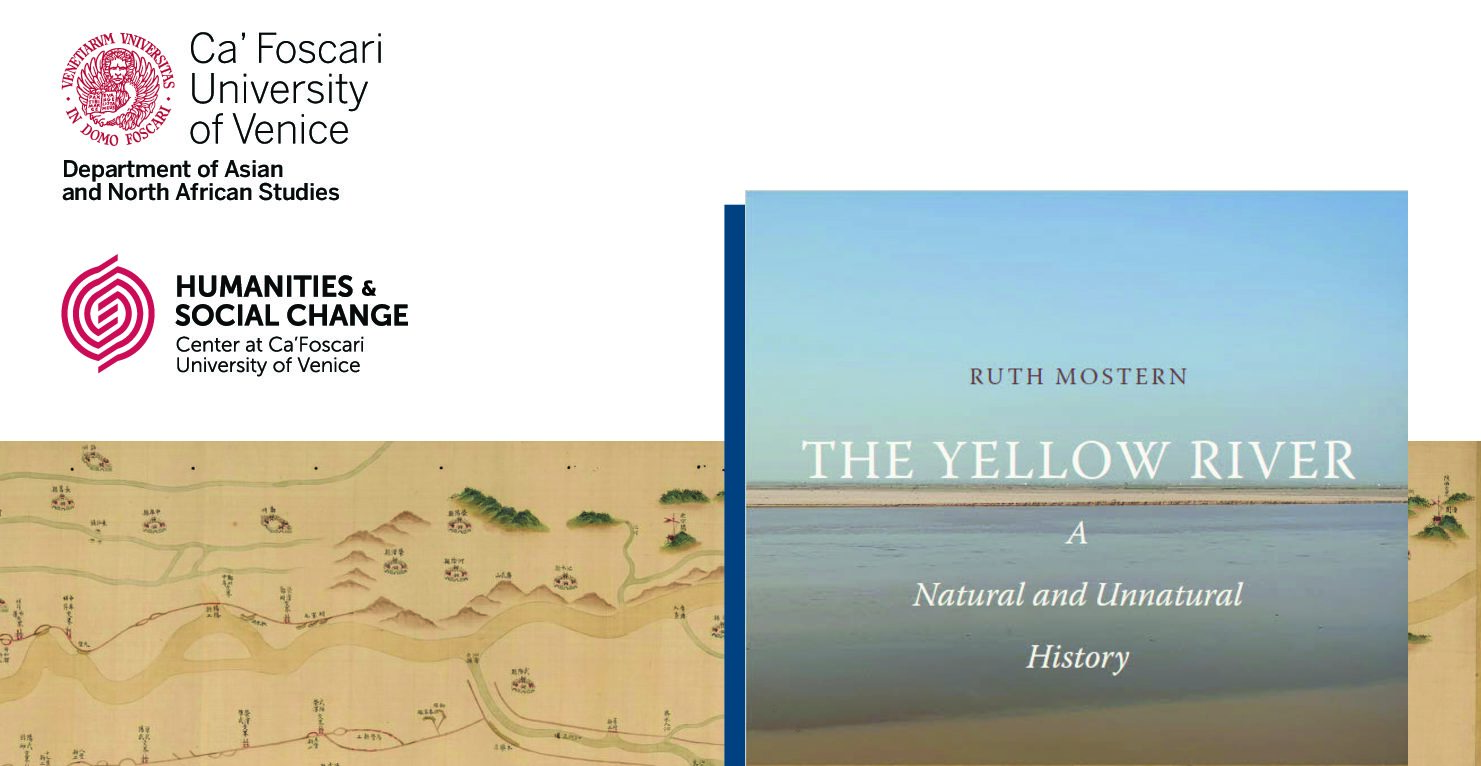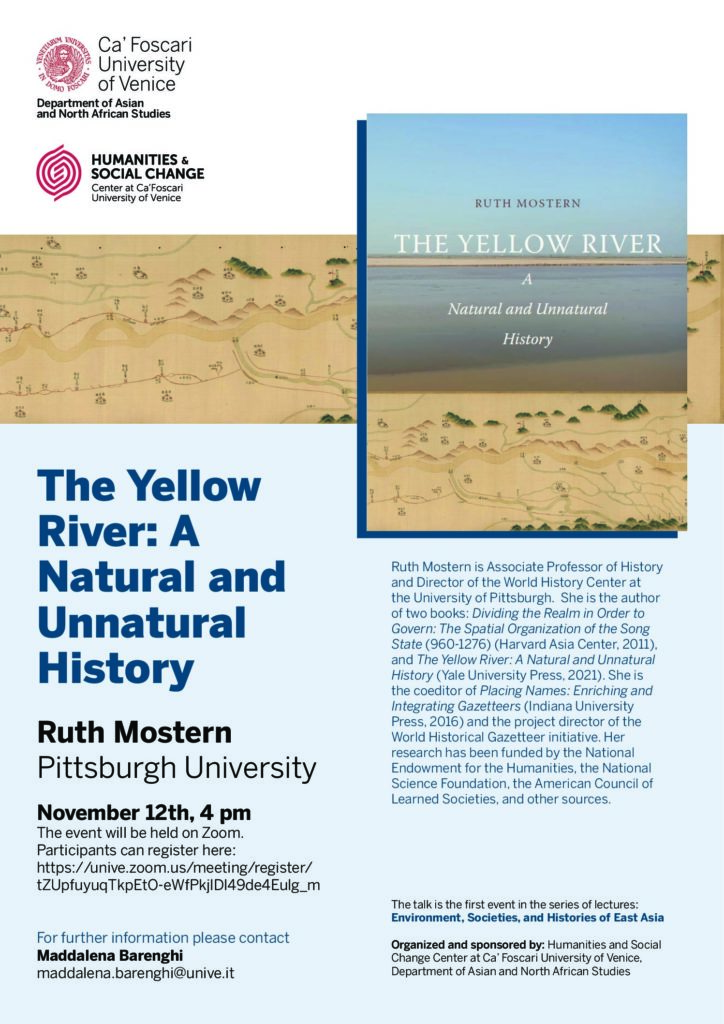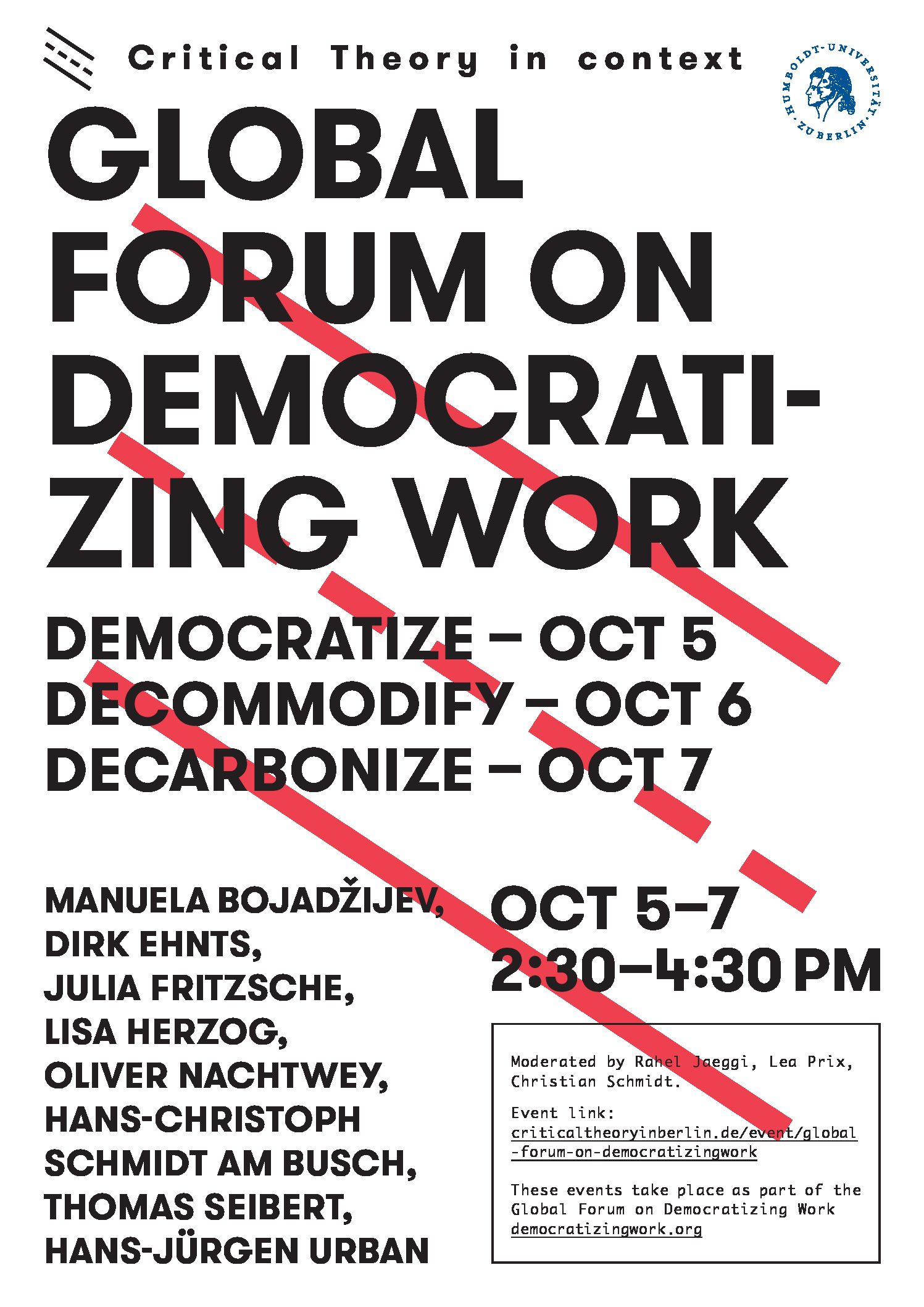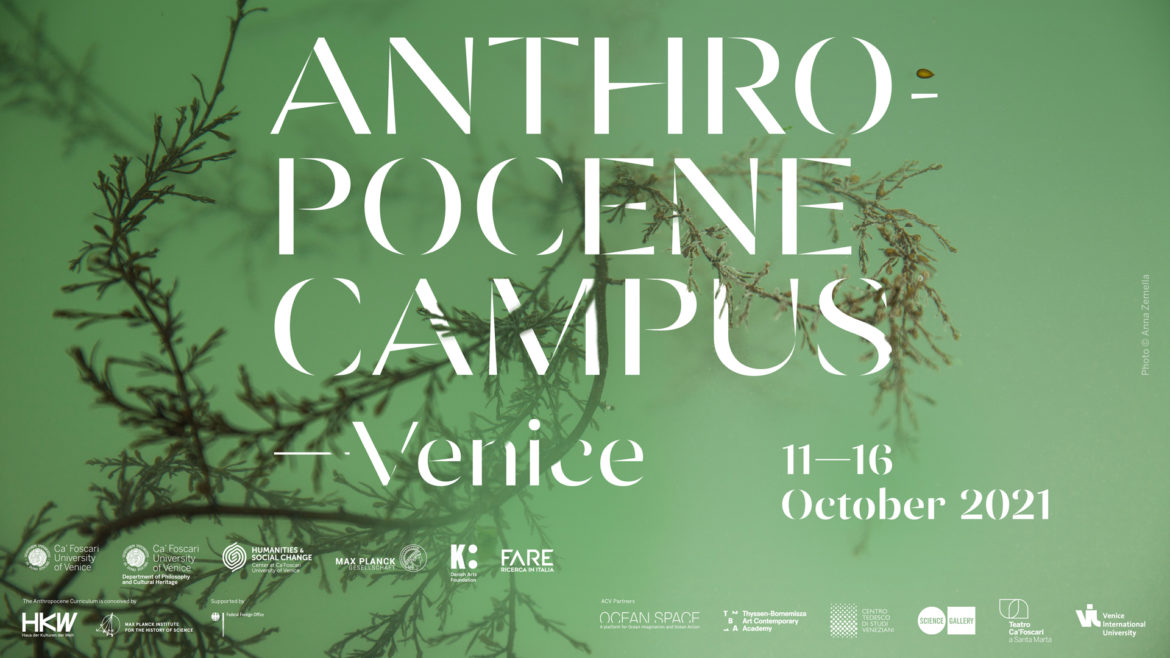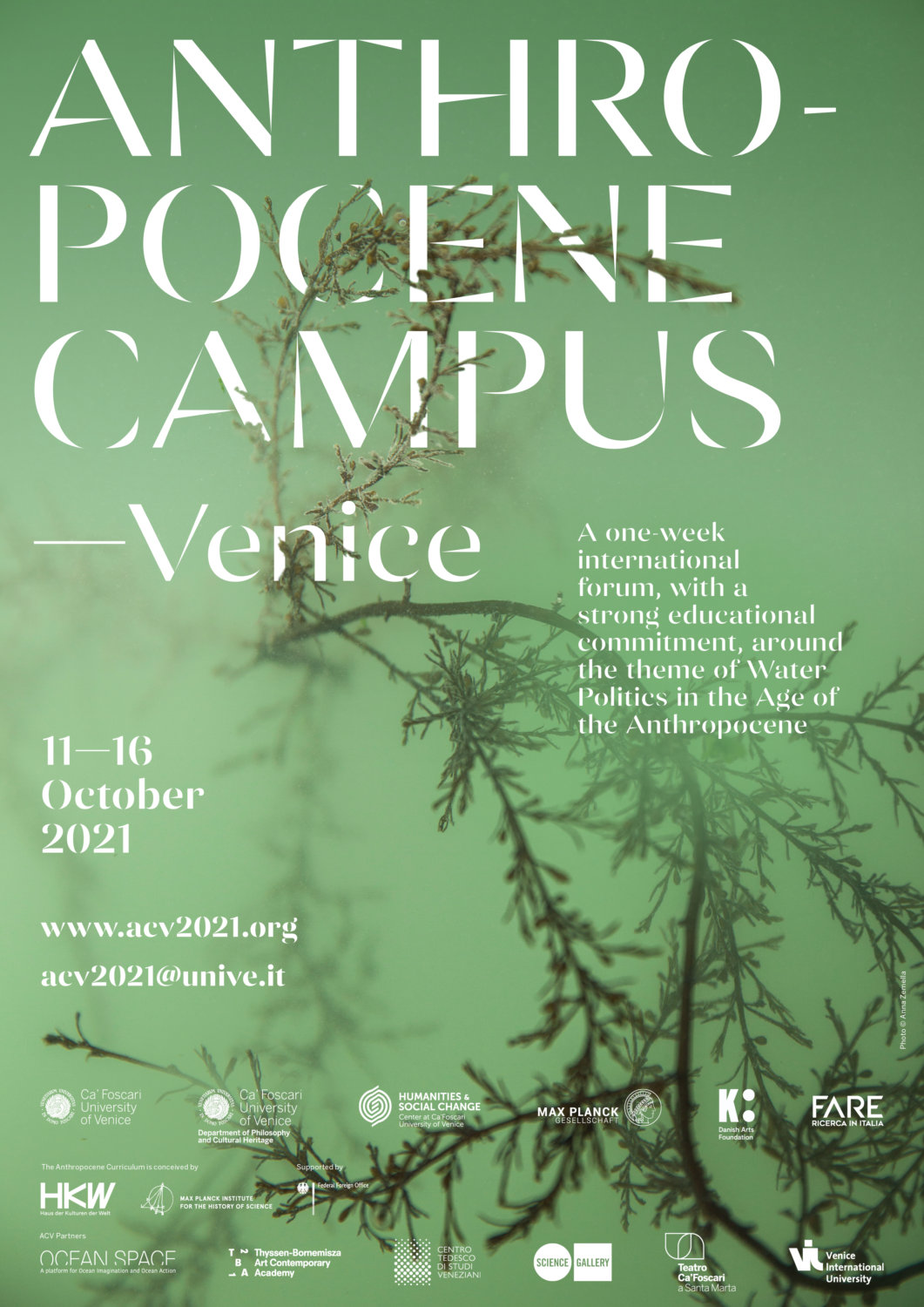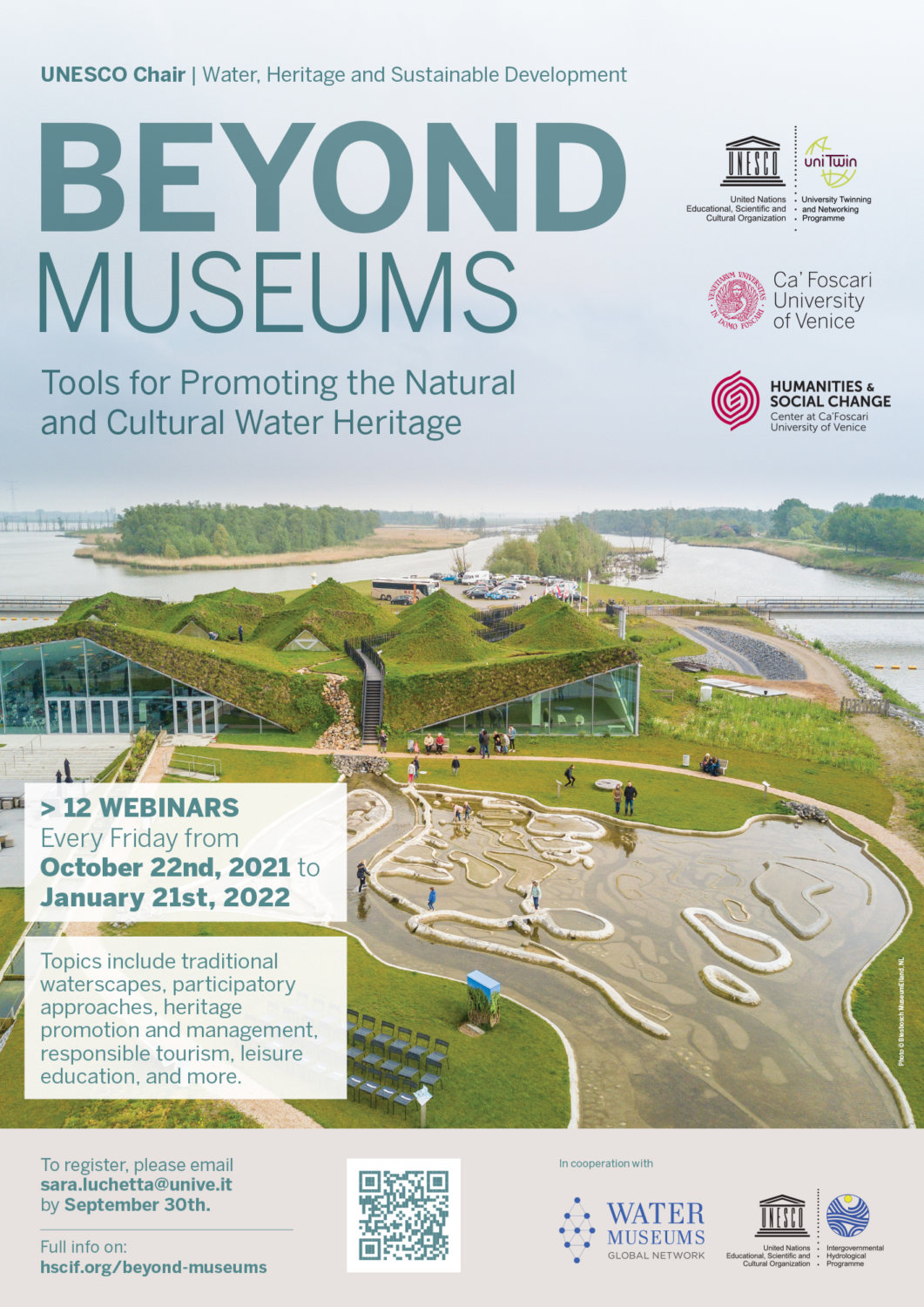The Convergence of Social Struggles
with Amna Akbar, Silke van Dyk, Manon Garcia and Romin Khan
“In order to preserve or even expand the welfare state, migration must be stopped.” Claims like these accompanied the turn of former leftists to the racist and even völkisch far-right camp in the last decade. Underlying such considerations is a view of society in which the misery of some can only be eliminated, or even alleviated, by exacerbating the misery of others. The counter-thesis is that democratic co-determination—especially in the economic sphere—can only be expanded if co-determination means explicitly standing up for migration and against racism in an internationalist way. This thesis is based on an image of society in which forms of oppression, exploitation and domination are interconnected, so that the struggle against one of these forms must strive to overcome all forms of oppression, exploitation, and domination. Between both theses lies a third option: the search for a central origin of the relations of exploitation, oppression and domination in society. Only those who stab into the heart of the beast—so they claim—can prevent the heads of the Hydra from multiplying endlessly. The concern here is not only that emancipatory movements will become increasingly distracted by the struggle against myriad social injustices. The concern is also that emancipation is degenerating into a variant of radical liberalism, in which all forms of life have the same right to exist as long as they do not break out of the framework that neoliberal diversity management dictates. With our guests, we want to talk about the pros and cons for one or the other option considering practical social conflicts: What actual experiences indicate that social struggles have a common direction? And what dynamics prevent such a convergence?

